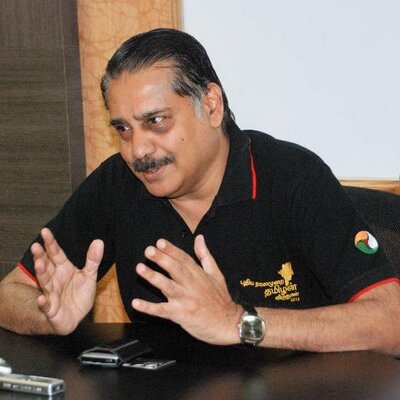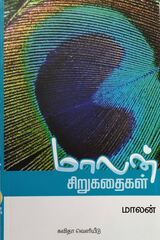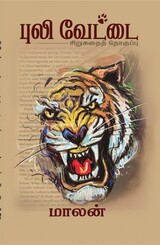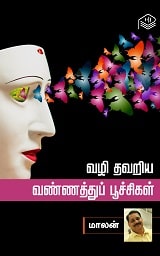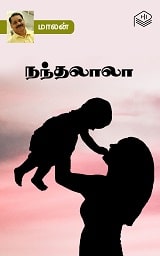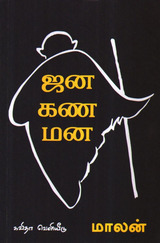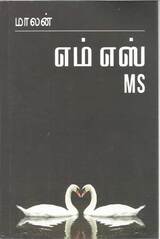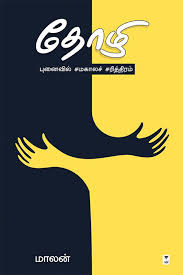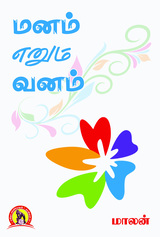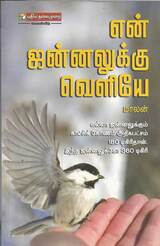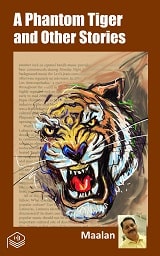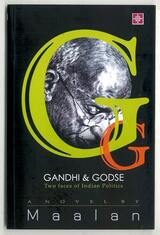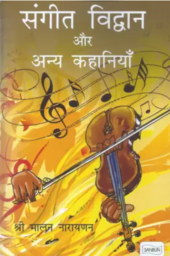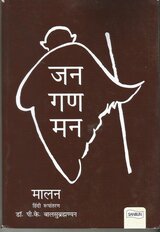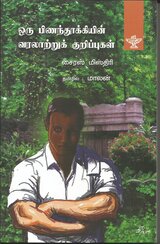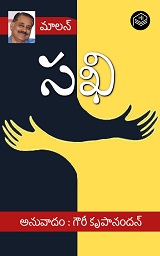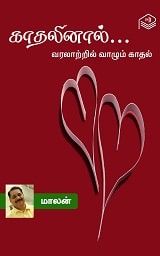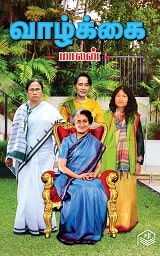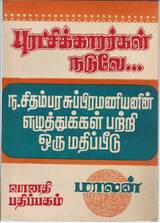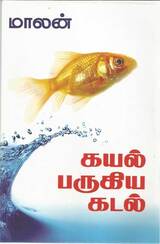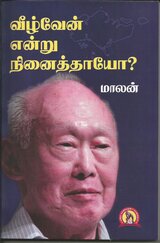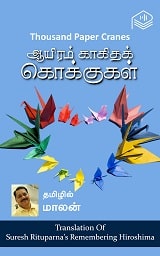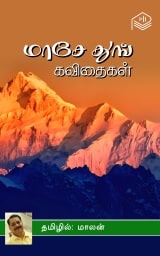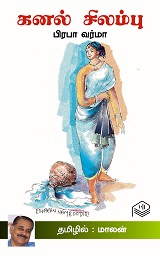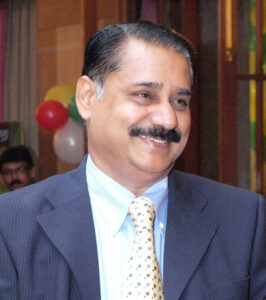Speech delivered at Sahitya Akademi New Delhi on 15.8.2017
I thank the Academy for this wonderful opportunity to think aloud about freedom and ourselves. The most courageous act is still to think for yourself. That too aloud in a gathering of authors and intellectuals.
Freedom has many faces. For a prisoner, it is the state of being at liberty rather than under physical restraint. For a trader, it is the exemption from control or regulation. In the school textbooks, it refers to national independence. For a homemaker or for an office clerk it is the absence of obligations or release from daily chores. For practicing psychiatrists, it is the absence of something specific, for example, freedom from fear.
What freedom means to me as a person and as a writer –journalist?
For me, freedom is not just letting me do what I want to do, but to me, freedom is, not forcing me to do what I don’t want to. To me, freedom is not just letting me speak in English, but to me, freedom is not coercing me to speak in Hindi. To me, freedom is not just letting me write what I wish, but it is not pushing me to publish what I reject. To me, freedom is not just letting me to habitat in a place I rejoice but it is also not forcing me to live in a culture where diversity is denied.
To me, freedom is the antithesis of hegemony
Plurality is the hallmark of freedom because it ensures me to be different from the crowd. It permits me to be what I am. Plurality accepts my right to be what I want to be. If I prefer to be a blade of grass in a forest of banyans and if my preference is acknowledged without a whimper or a whine, I would believe I live in a land of freedom.
I have always taken pride to be an Indian, not because of antiquity but because of its diversity. I am proud to be an Indian because not because it is a house where many great religions were born, but because it is a house of tolerance. It is a house where dissent is a right and is not a charity granted.
I am also proud to be a writer because literature itself is truly a medium which conveys, maintains and appreciates freedom between writers and readers. Literature is the most modest art form which mainly relies on only on words. Unlike other art forms, literature always simply does not include sound, colour, motion and image. Literature is a form of art which is free from dependency on any other tool assistance like sound, picture, colours.
And to me, more importantly, literature connects people – writers and readers or readers and readers – with freedom. While reading, readers have full freedom to imagine the words as they comprehend them. Words alone encourage readers in their imaginative power, free in their right to use their preconceived knowledge to expand or add on the knowledge provided by literature. For example, a simple sentence saying ‘The Sun rises’ can be imagined differently by different readers. But a movie scene of a sunrise can only be the same for every viewer. That is why literature is such a truly free art form for both writers and readers. And even among readers, the perception of a single work of literature will be different. According to their own private knowledge, readers try to imagine and try to relate their experiences to the experience of the characters in the literary work or also try to empathise with the feelings of the poet or writer in his or her poems. Even for a single work of literature, perception, feeling and appreciation by different readers could be totally different. It is totally unpredictable and so it shows the nature of freedom
Ironically, it is for this same reason, we hear voices from readers against the freedom of the author, demanding a ban on certain works at certain times. When readers feel that a literary work ‘exposes’ the experiences he is embarrassed by or when myths that had been perpetuated for generations are demystified, as in the case of Perumal Murugan’s Mathorubagan we hear the voices of protest. In essence it is a conflict of freedoms, the conflict between the right to privacy and right to express.
Conflicts are a kind of blessings because it is an opportunity to ponder over the dissent; it may open a window to the counter point. At times it may free me from my notions and prejudices; it may take me closer to realities from my wishful thinking
Yet in conflicts of freedom who should prevail, the vociferous majority or the lone author? Constitution of India grants freedom of expression with reasonable restrictions. “Reasonable” is highly subjective. It cannot be justified with terms like “common good” because good and bad are again subjective. One man’s food may be a poison for the other.
If we replace the words “freedom of expression with reasonable restrictions” with “freedom of expression with social responsibility” it could make sense. But doesn’t it imply that there is no absolute freedom?
Absolute freedom is a myth and can exist only in texts. It is a hallucination, a false sense of well being in our inner world. But Freedom “is the sigh of the oppressed creature, the heart of a heartless world, and the soul of soulless conditions. It is the opium of the people” ( with due apologies to Karl Marx).
Yet, I crave for it, because it gives me to be what I am in my literary works, though not in the real world.
I would end with that craving, a craving of Gurudev Tagore:
Freedom from fear is the freedom
I claim for you my motherland!
Freedom from the burden of the ages, bending your head,
breaking your back, blinding your eyes to the beckoning
call of the future;
Freedom from the shackles of slumber wherewith
you fasten yourself in night’s stillness,
mistrusting the star that speaks of truth’s adventurous paths;
freedom from the anarchy of destiny
whole sails are weakly yielded to the blind uncertain winds,
and the helm to a hand ever rigid and cold as death.
Freedom from the insult of dwelling in a puppet’s world,
where movements are started through brainless wires,
repeated through mindless habits,
where figures wait with patience and obedience for the
master of show,

